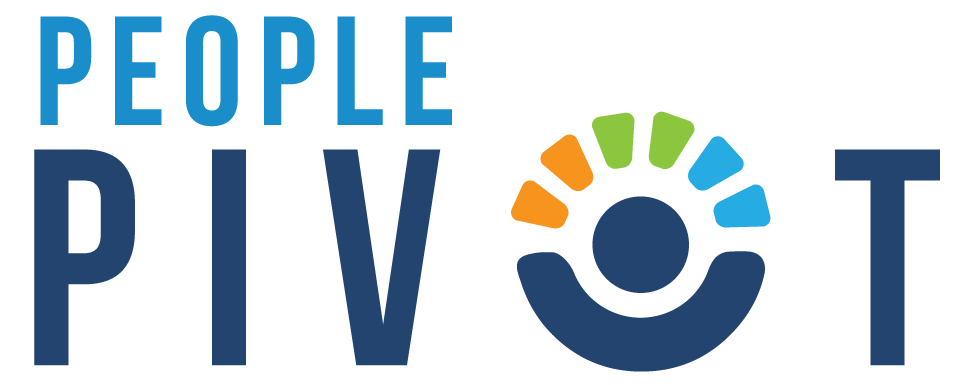In the fast-paced world of business, change is the only constant. Just like how Korn Ferry, a global organizational consulting firm, adapted its services to include digital solutions for talent acquisition and management, talent consulting firms must also evolve. The answer lies in agility—the ability to adapt and respond to change with grace, efficiency, and strategic insight. Let’s explore this intricate dance of agility and ROI in the ever-changing market landscape.
The Need for Speed: Why Agility Matters
Imagine steering a ship through turbulent waters. The ability to change course quickly is vital. This is what agility in talent consulting is all about. For instance, Heidrick & Struggles, another leader in the talent consulting space, has been quick to integrate AI and analytics into their executive search services, thereby staying ahead of the curve. It’s not just about surviving; it’s about thriving and maximizing ROI by staying relevant and competitive.
Adapting Talent Strategies: The Agile Approach
Agility in talent consulting means adapting talent strategies to align with changing market dynamics. Mercer, a global consulting leader, has been exemplary in this regard. They have constantly evolved their talent strategies, offering services like workforce analytics and digital learning platforms to meet the changing demands of the market. This adaptability ensures that talent strategies are not just reactive but also proactive, seizing opportunities as they arise.
Agility and ROI: The Winning Combination
Why be agile? What’s the ROI? According to a study by McKinsey, agile organizations are 70% more likely to be in the top quartile of organizational health, a strong indicator of long-term performance. In the talent consulting domain, this translates to better alignment with business goals, increased competitiveness, and enhanced client satisfaction. These factors collectively contribute to a robust ROI.
Challenges of Agility: Navigating the Winds of Change
Agility is not without its challenges. It requires a deep understanding of the market, clear communication, and the ability to make informed decisions quickly. Companies like Accenture have set a benchmark by investing in continuous learning programs for their consultants, ensuring they are always equipped to navigate the winds of change. The risk of not being agile is significant, as firms can quickly become obsolete, affecting ROI negatively.
Technology and Agility: The Digital Advantage
The rise of digital tools is empowering agility in talent consulting. Firms like PwC have leveraged technology to offer more personalized talent solutions through data analytics and AI. This digital advantage allows talent consulting firms to respond to market changes with precision and speed, enhancing both agility and ROI.
The Future of Agility: Embracing the Unknown
As we look to the future, agility will continue to be a vital aspect of talent consulting. Companies like EY have already started to prepare for the future by investing in blockchain technology for talent management. In a world where change is inevitable, the ability to adapt, innovate, and respond will define success and ROI.
Conclusion: The Dance of Agility and ROI
Agility and ROI in talent consulting are partners in a dynamic dance. Firms like Deloitte have shown that agility leads, and ROI follows. By diversifying their services and adapting to market needs, they have created a performance that resonates with success, competitiveness, and growth. In a rapidly changing market, agility is not just a strategy; it’s a mindset, a culture, a way of doing business that recognizes the fluid nature of today’s world.

